Beijing, Jan 05 (V7N)— Five years after the coronavirus pandemic, a new virus called Human Metapneumovirus (HMPV) has triggered alarm in China and Japan. Reports of overwhelmed hospitals and crematoriums have surfaced on social media, sparking fears of another pandemic. Neighbouring countries, including India and Pakistan, are closely monitoring the situation.
Health experts warn that HMPV could potentially be as deadly as COVID-19. Michael Head, a senior researcher at the University of Southampton, noted that HMPV is among 11 diseases, including bird flu and cholera, that could lead to future pandemics. While it is uncertain if HMPV will escalate to that level, experts are urging vigilance.
HMPV, first identified in 2001, belongs to the Paramyxoviridae family and primarily causes respiratory infections in children, the elderly, and immunocompromised individuals. Symptoms resemble those of COVID-19, including fever, cough, and breathing difficulties.
Reports suggest that Chinese hospitals are under pressure, especially with cases of "white lung" pneumonia in children. Chinese health officials have implemented small-scale surveillance to monitor the rise in pneumonia cases but have not officially declared a state of emergency.
Countries like India are preparing to prevent the virus from crossing borders. Atul Goyal, Director General of the Indian Health Department, emphasized the importance of early medical intervention for respiratory issues.
Doctors recommend precautions similar to those used against COVID-19, including:
Washing hands thoroughly with soap and water.
Avoiding touching the face with unclean hands.
Maintaining distance from infected individuals.
Despite being identified over two decades ago, no vaccine for HMPV exists. Experts stress the importance of preventive measures and early diagnosis to contain the virus's spread.
The outbreak has reignited fears of a global health crisis, especially as other respiratory viruses like influenza A and Mycoplasma pneumoniae surge in China. The UN and health organizations worldwide are closely watching developments.
END/RH/AJ





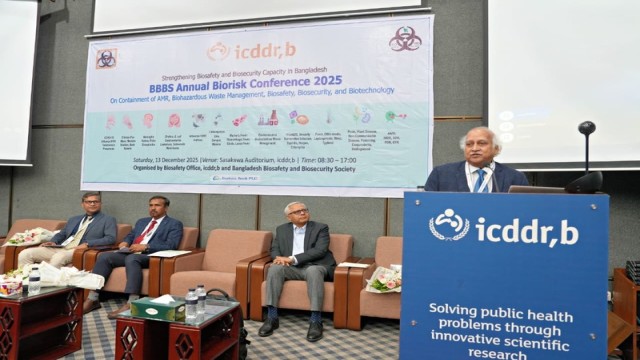

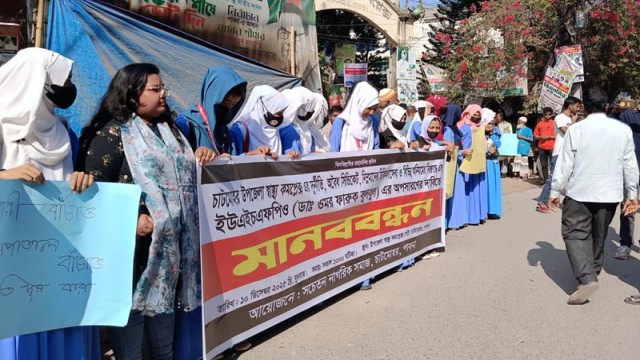
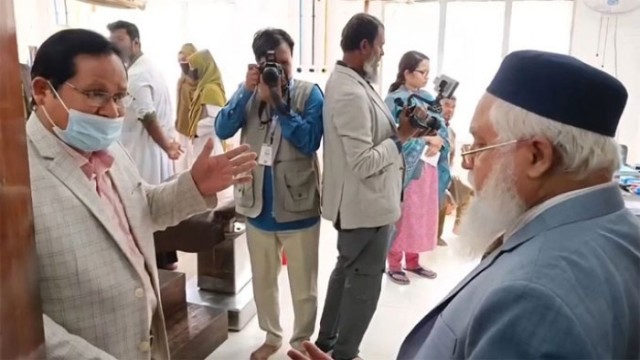
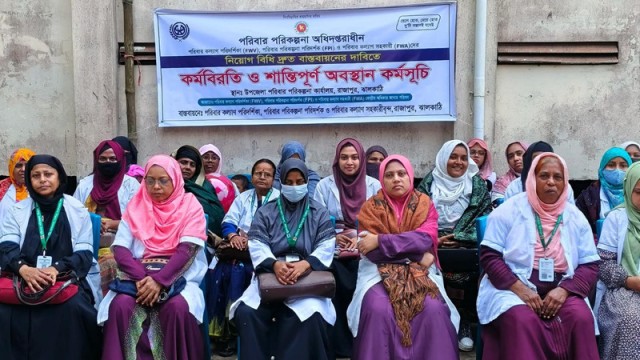
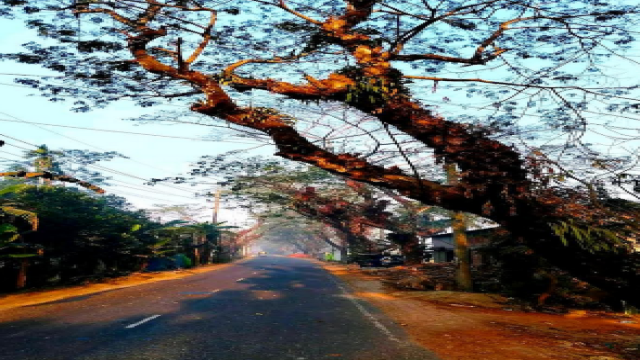
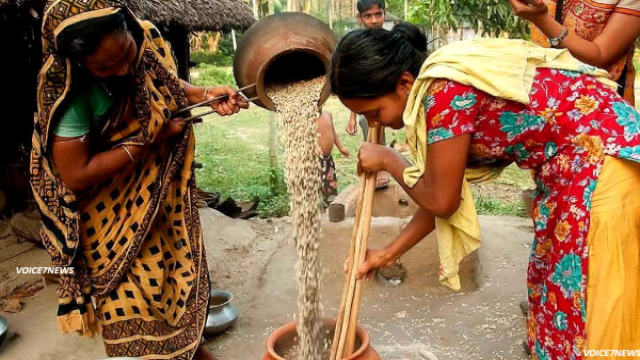




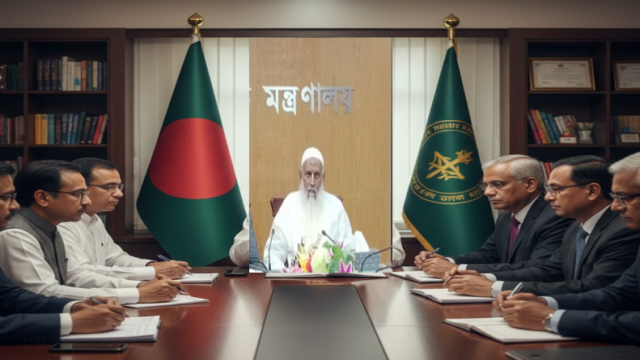
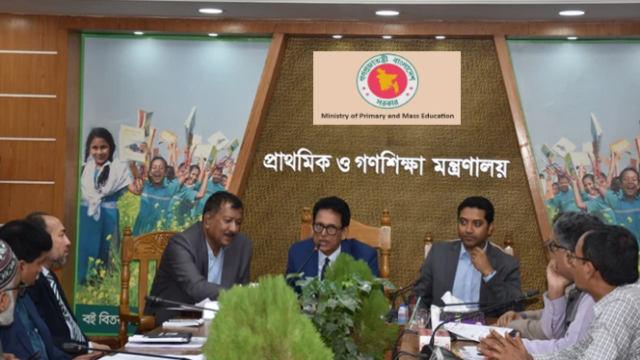
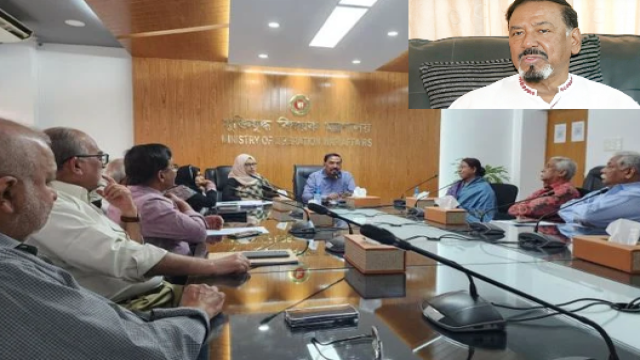












Comment: